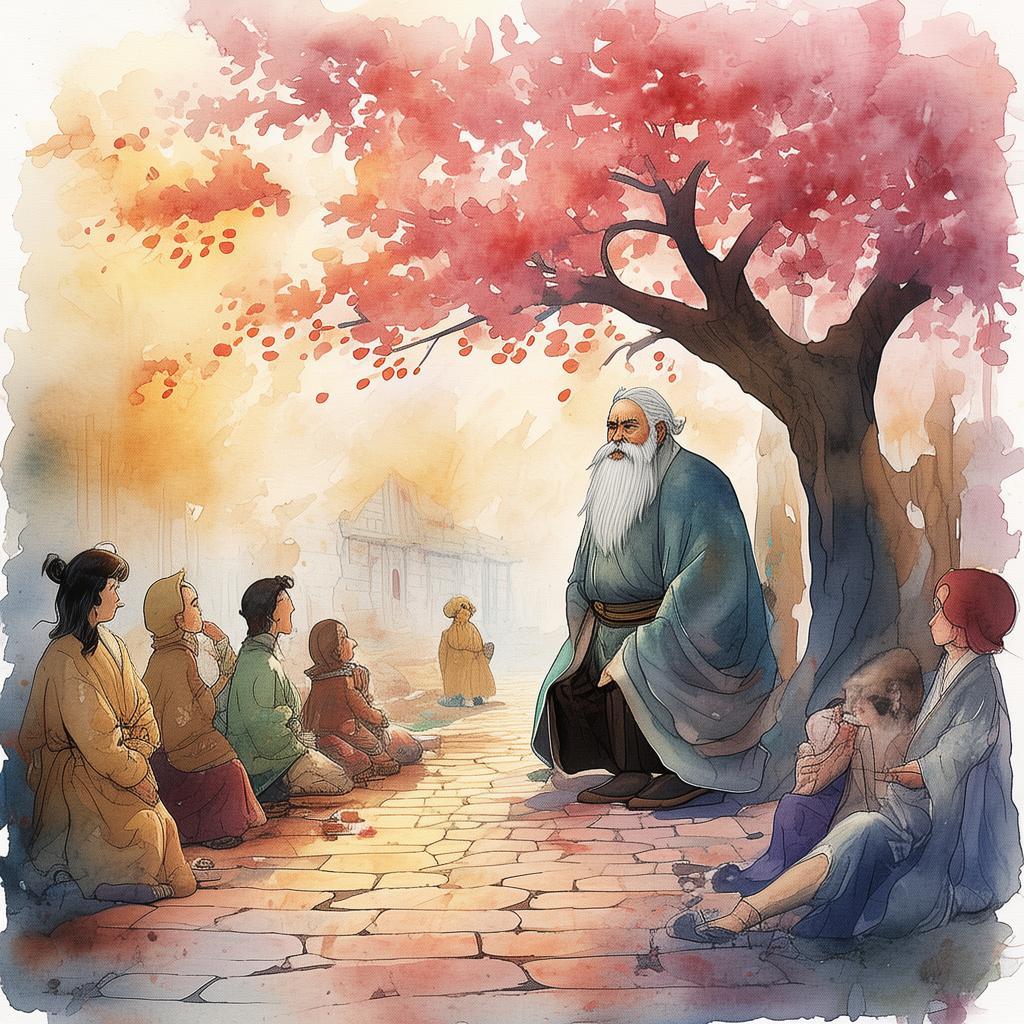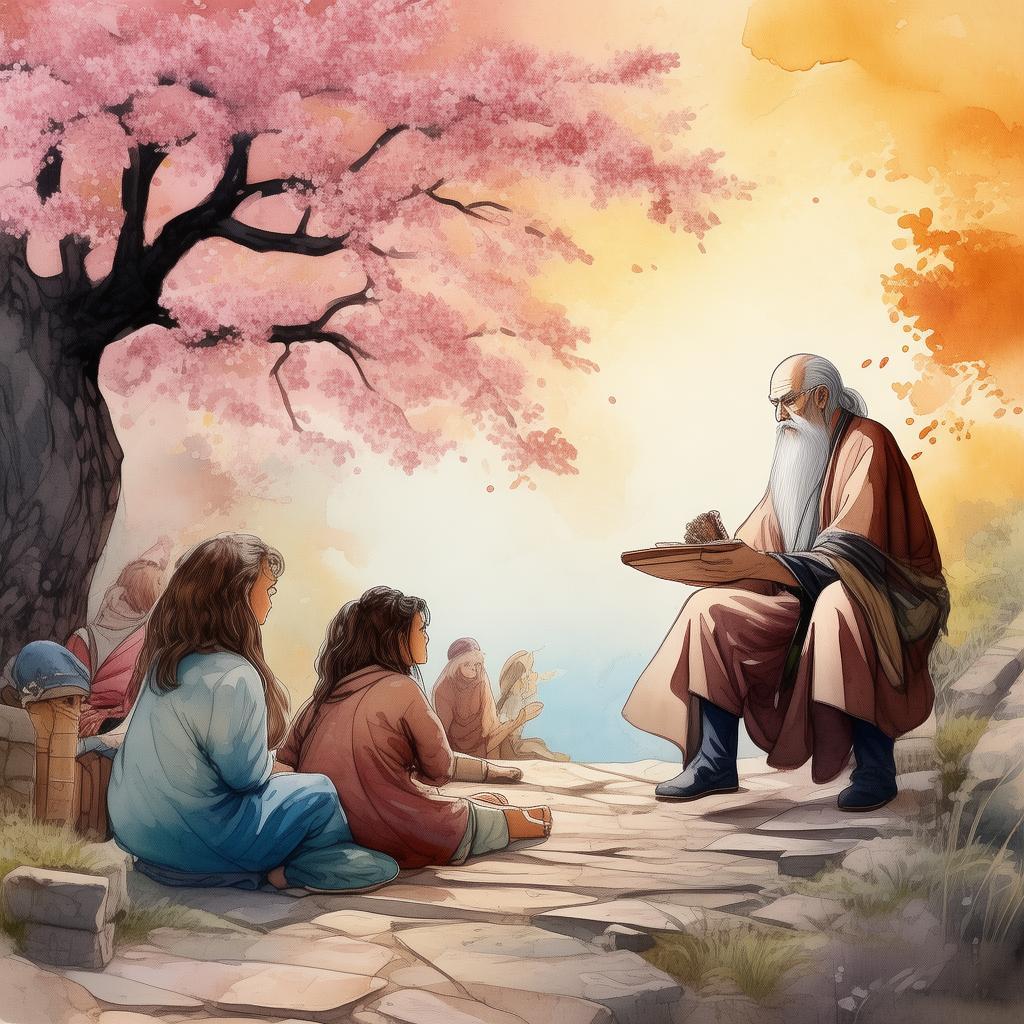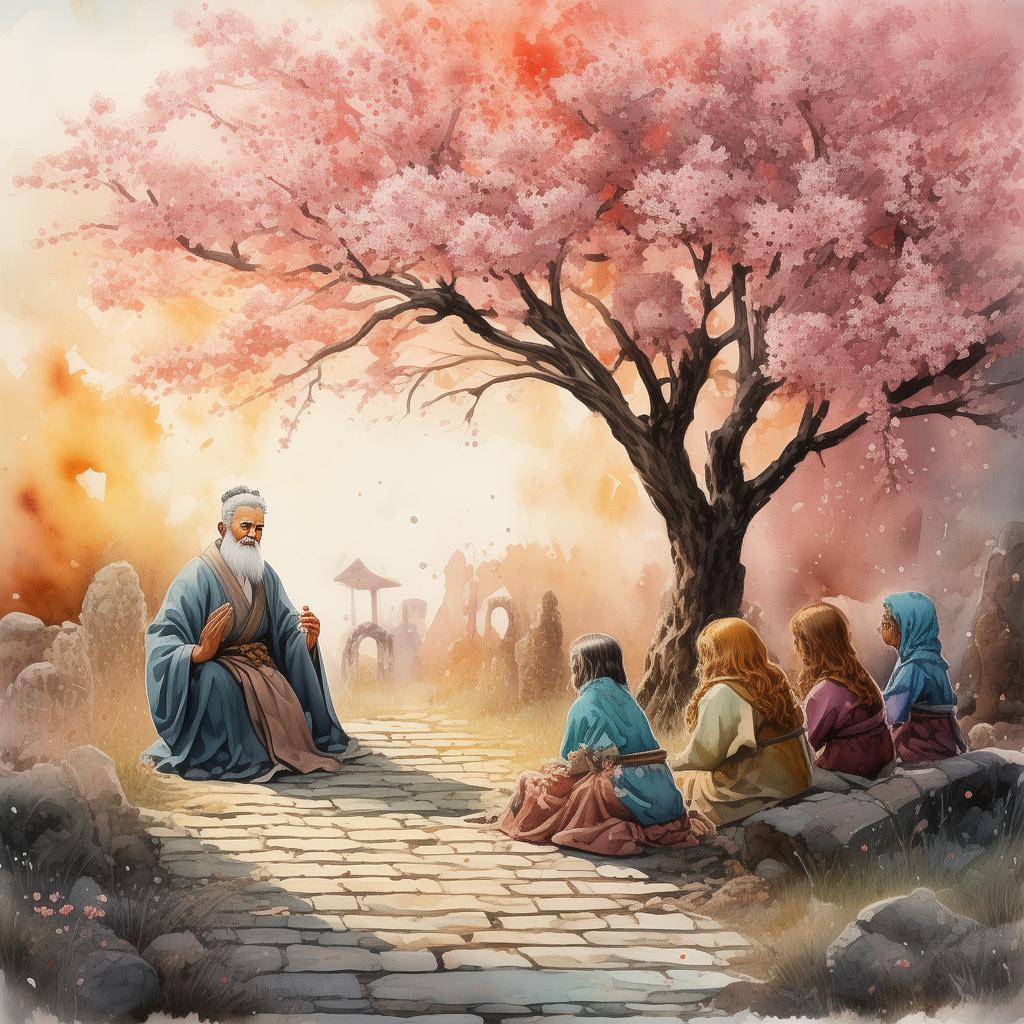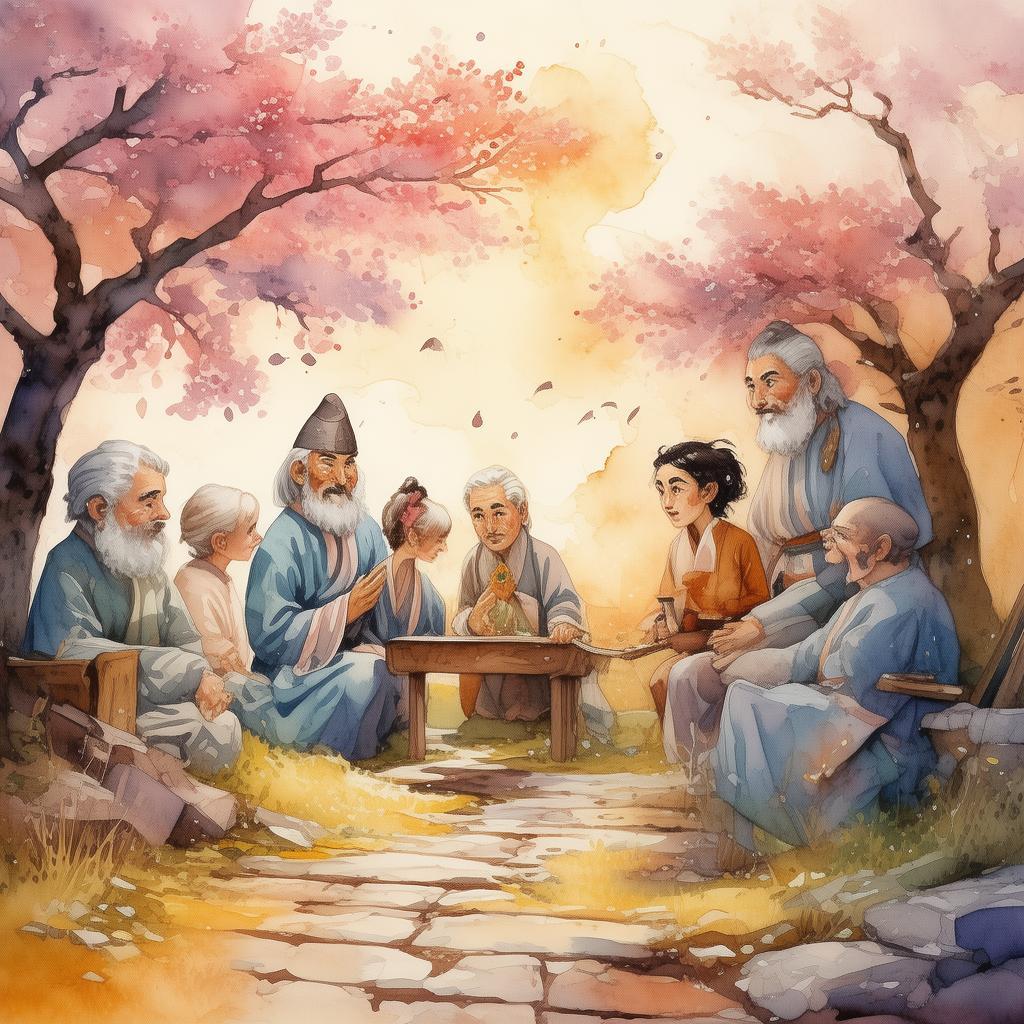The Chessboard of Fates: The Master's Gambit
In the kingdom of Elysium, where the land was as vast as the sky and the people as wise as the sages, there lived a young strategist named Elara. Her mind was as sharp as a sword, and her strategies were as cunning as the serpents that slithered through the dense forests. Elara was not just any strategist; she was the daughter of the kingdom's most renowned strategist, a man who had once been the architect of Elysium's prosperity.
As the story unfolded, it was revealed that the kingdom of Elysium was at the precipice of a great conflict. The neighboring kingdom of Netheria, led by the cunning and ruthless King Malakar, had been plotting to conquer Elysium for years. To prevent this, Elara's father had set up a series of intricate traps and strategies, but his death left the kingdom vulnerable.
The king, desperate to save his realm, turned to his daughter, Elara, who had been studying the ancient art of chess. She was told that the fate of Elysium would be decided on a grand chessboard, where the pieces were the very lives of the kingdom's citizens. The game was set to begin, and Elara knew that she had to win or else her people would suffer the consequences.
Elara's first move was to gather the kingdom's wisest strategists and scholars. She knew that the key to winning the game was not just in the moves she made but in understanding the deeper strategy that lay behind them. Among them was an old sage named Thalor, who had once been a mentor to her father. Thalor had a secret that could turn the tide of the game: the existence of a hidden piece, the "Master's Gambit," which could change the game's outcome entirely.
As the game commenced, Elara and King Malakar faced off across the board. The pieces moved with a life of their own, each move echoing the fate of the kingdom. Elara's strategies were as intricate as the patterns of the tapestries that adorned the great hall, and King Malakar's moves were as cunning as the shadows that danced in the corners of the room.

The game progressed, and it soon became clear that the outcome would not only determine the fate of Elysium but also the very essence of destiny itself. Elara's opponent was not just a king but a master of manipulation and deceit. He had a hand in every move, and it seemed as though the very laws of fate were being rewritten before her eyes.
In the midst of the game, Elara's mind raced with the possibilities. She knew that she had to outwit her opponent, but she also knew that she had to outsmart the forces that seemed to be working against her. The kingdom's future rested on her shoulders, and she felt the weight of the entire world pressing down upon her.
As the game reached its climax, Elara made a move that no one saw coming. She played the Master's Gambit, a move that had never been seen before. The board was thrown into chaos, and for a moment, it seemed as though the very fabric of reality was unraveling.
King Malakar's face turned pale as he realized the implications of Elara's move. He had underestimated her, and now he was facing a losing battle. With a final, desperate move, he tried to turn the tide, but it was too late. Elara's victory was as certain as the rising sun.
In the aftermath of the game, it was revealed that the Master's Gambit was not just a move on the chessboard but a metaphor for the true nature of destiny. It was a move that allowed Elara to see beyond the immediate threats and to understand that the fate of her kingdom was not solely in her hands but in the hands of the people who believed in her.
Elara's victory was celebrated throughout the kingdom, and she became a symbol of hope and resilience. The kingdom of Elysium was saved, and the people learned that destiny was not a fixed path but a dance, one that could be influenced by the choices and actions of those who dared to challenge it.
The Chessboard of Fates: The Master's Gambit was not just a story of a young strategist's triumph over adversity; it was a tale of destiny, of the power of the human spirit, and of the eternal dance between fate and free will.
✨ Original Statement ✨
All articles published on this website (including but not limited to text, images, videos, and other content) are original or authorized for reposting and are protected by relevant laws. Without the explicit written permission of this website, no individual or organization may copy, modify, repost, or use the content for commercial purposes.
If you need to quote or cooperate, please contact this site for authorization. We reserve the right to pursue legal responsibility for any unauthorized use.
Hereby declared.









